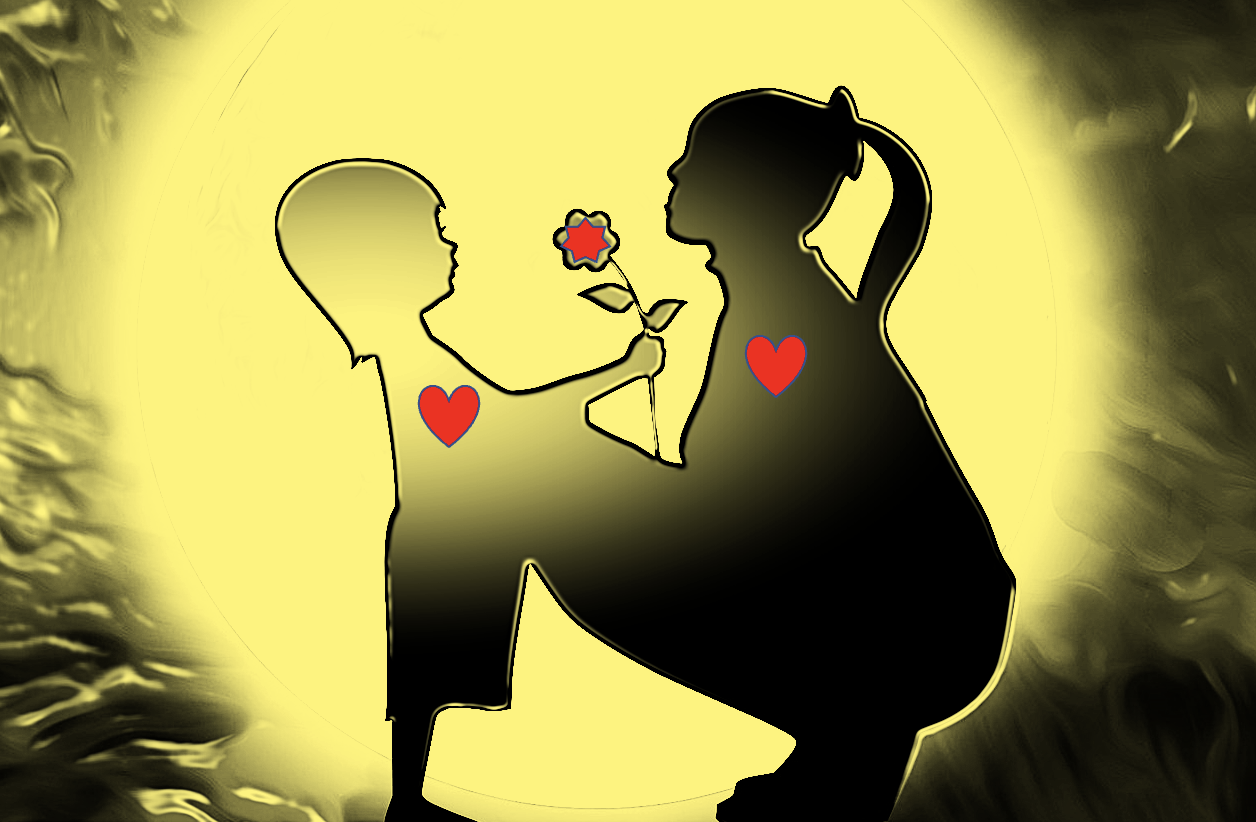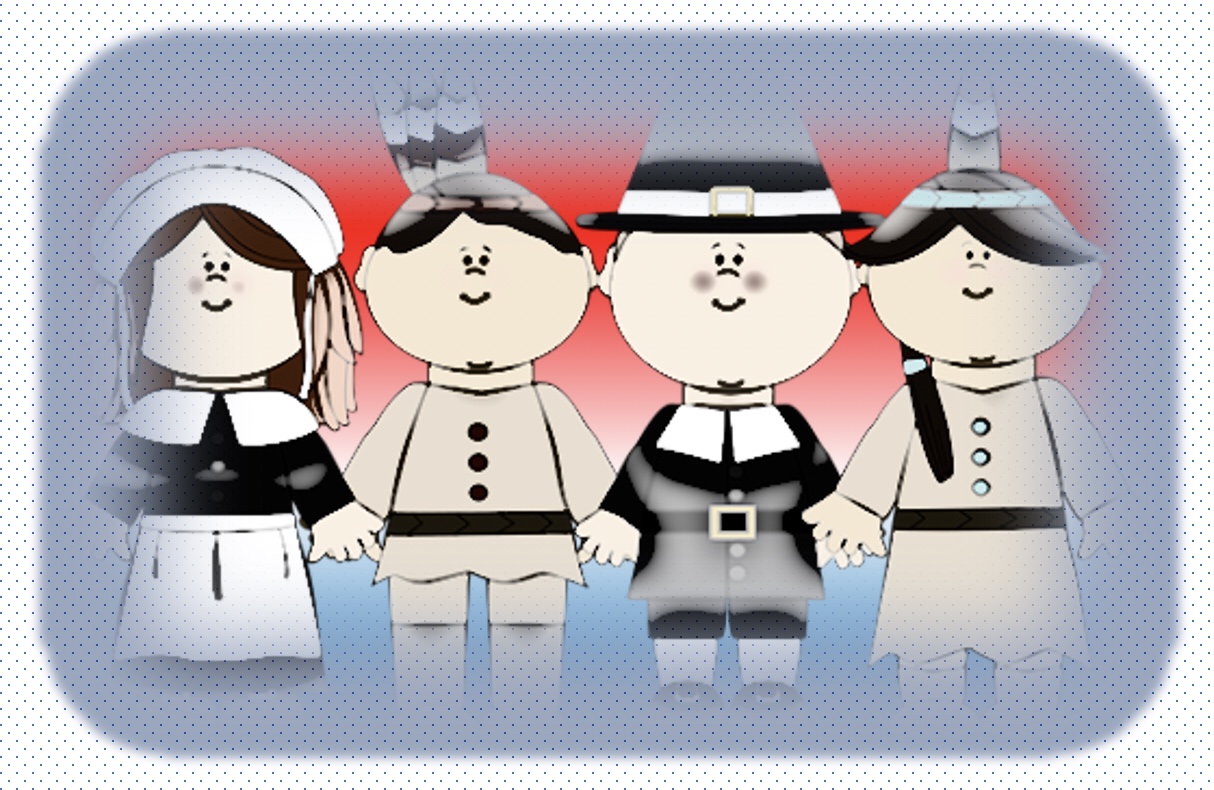What do secular people do at Christmas?
A Christian friend recently asked me how nonreligious people like me celebrate Christmas. I said, “Well, we put up a tree, decorate the house, eat cookies and drink mulled wine. We give presents and have fun with friends and family. We sing Christmas songs and watch Christmas movies.”
Nonreligious people pretty much do what everyone else does. We don’t go to church. But Christmas is much more than going to church.
This may come as a surprise to those who insist that we keep the “Christ” in “Christmas.” But Christmas can be enjoyed without the dogmas of Christianity. The decorating, gift-giving, eating and drinking have very little to do with Bethlehem and the birth of Christ.
More Americans embrace Christmas than are Christian. Christianity is the religion of about 63% of Americans. But one recent survey indicates that more than 70% of Americans plan to put up a Christmas tree in 2023. Another survey (from an obviously biased source—the American Christmas Tree Association) puts the number above 90%.
I know lots of nonreligious people who decorate their homes and put up a tree. Indeed, the tree is not originally a Christian thing. It comes from the pagan winter rituals of northern European. Christmas trees were not usual in the United States until about a hundred years ago.
Christmas is a weird mash-up of German, English, and American traditions. This includes much of the “magic” of Christmas as conjured up by Hollywood films. Hollywood teaches us that Christmas is a time of spiritual transformation, when Grinch and Scrooge learn their lessons, when George Bailey discovers that this is a wonderful life, and when children of all ages keep the magic alive by believing in Santa Claus.
This stuff is fun. It involves the spirit of play, magic, and fantasy, and the familiar nostalgia of repetition and ritual.
One scholar, Christopher Deacy, has argued that secular Christmas is in fact “religious”—as a set of rituals and communal practices that have a broadly “sacred” significance (even if not specifically Christian). Christmas makes a festival of consumerism. But it is also about transformation, love, gratitude, generosity, wonder, and hope.
Those Christmas values are not uniquely Christian. Indeed, the American and Hollywood versions of Christmas are decidedly secular and inclusive. You don’t need to be Christian to enjoy the fun.
People do not typically say at Christmas, “You must accept Jesus as your Lord and Savior.” That’s ultimately what it means to keep Christ in Christmas. The religious story is about the birth of a savior—the “Christ,” which means the anointed or chosen one.
The Christian tradition teaches that God became man through the mystery of the virgin birth. Christ is born in Bethlehem to save us from sin. This makes it possible to be reunited with God, and to merit eternal life.
All of that theological stuff is mysterious and miraculous. How and why did God become man at that place and time? It is a mystery. Why do we need salvation from sin? The fundamental assumption of Christian theology is that without the savior, we are doomed. And how does the birth, life, and death of Christ accomplish this? Well, that’s a mystery that requires faith.
The Christian joy celebrated in hymns like “Joy to the World,” rests upon a deep sense of sin and fear of death. Christian joy includes a sense of relief and gratitude directed toward a mysterious God, who condemns sin. But the incarnation of Christ somehow transforms God from a harsh judge to a loving father.
Thus, Christian joy is tinged with fear and gloom. This may explain why the Puritan colonists of early America were anti-Christmas. They viewed Christmas as a frivolous celebration tainted by “pagan mockery” and “mad mirth.” As I explained in previous column on Christmas, “For Puritans, salvation is serious business. Merriment in this world distracts us from the need to be saved from sin.”
Secular joy is different from Christian joy. Nonreligious folks who make merry at Christmas are not worried about sin or the metaphysics of salvation. We know that death is always present, as we remember those we’ve lost and those at risk of dying.
But at Christmas, we do not dwell on death. Instead, we affirm life. Here we are, together again. We celebrate despite our mortality. We are fortunate to laugh and sing and play with our loved ones. We know that someday the party will end. But while the candles are still burning and the songs are being sung, our hearts are warmed by love, gratitude, and the joy of secular Christmas.






